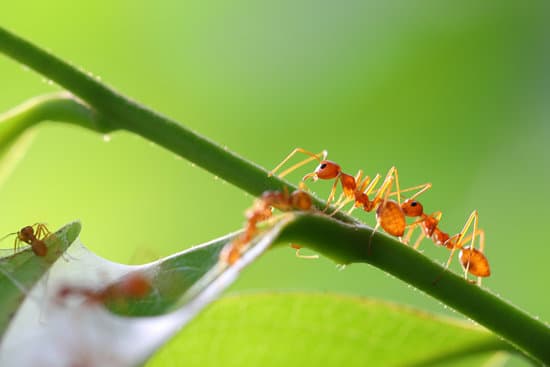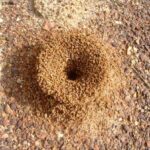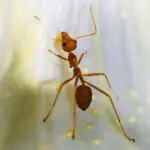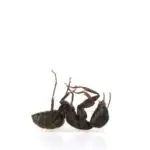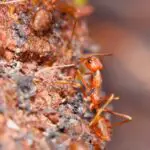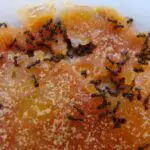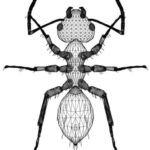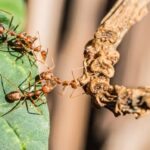What Chemical Do Ants Release When They Die?
Several species of ants have been found to release pungent smells when they are threatened. They are known as pheromones and ants use their antennae on their heads to smell the chemicals.
In addition to releasing pheromones, ants also use chemical signals. They do this to attract new food sources. They also use chemical signals to communicate with other ants. They also use chemicals to ward off predators.
Scientists have been able to identify two chemicals released by ants when they die. One of these is called oleic acid. It is a chemical that smells like olive oil. The other is called dolichodial. It is a chemical found in feces.
Choe, an entomologist at the University of California, Riverside, and his colleagues used analytical chemistry techniques to identify the chemicals. The results of their study were published in the Proceedings of the National Academy of Sciences.
Choe believes that the chemicals released by dead ants signal the workers to discard the corpses. He says this puts to rest the popular misconception that chemicals released by dead ants signal the workers not to discard the corpses.
The researchers analyzed the compounds in the feces and cuticles of dead Argentine ants. They found that a subset of cuticular chemicals disappeared within 15 minutes of death. They also found that iridomyrmecin decreased by 32% in 10 minutes. The other compound, dolichodial, was not detected in extracts made 40 minutes after death.
The scientists used coupled gas chromatography-mass spectrometry (GC-MS) to identify the compounds. They found that dolichodial and iridomyrmecin are present in the cuticles of ants when they die.
